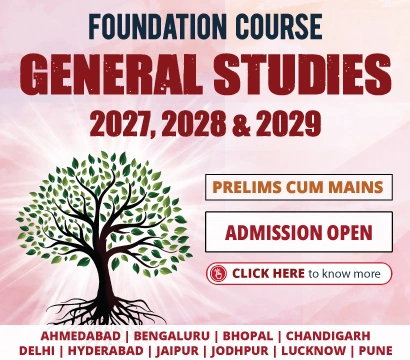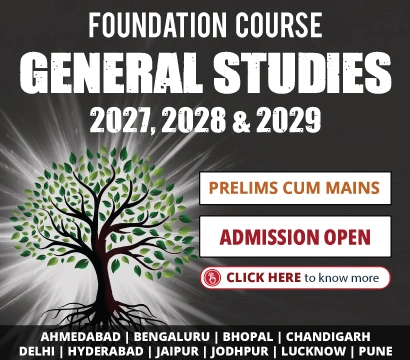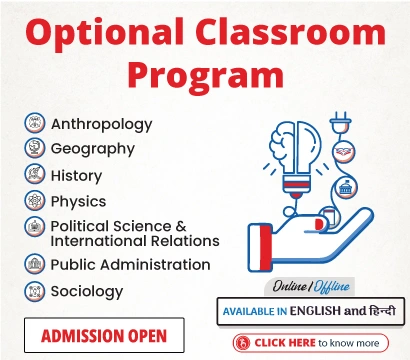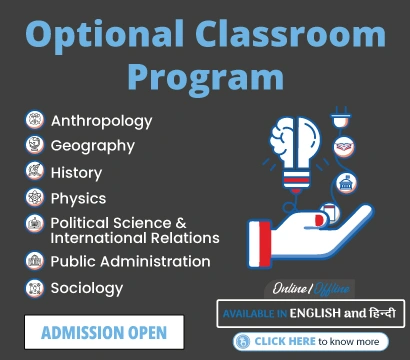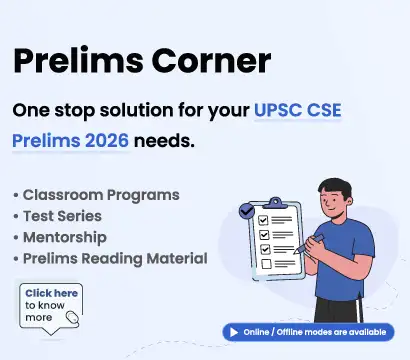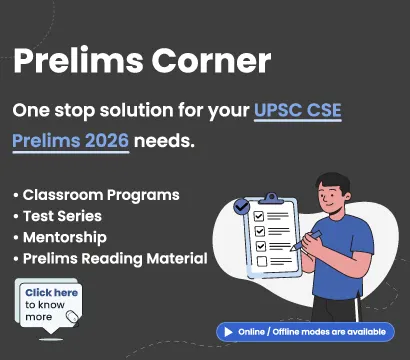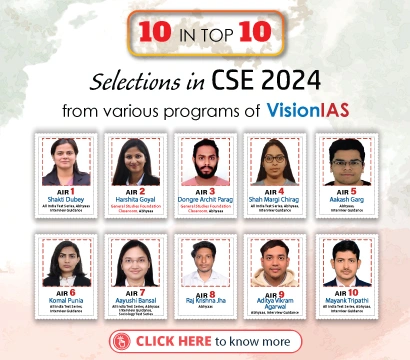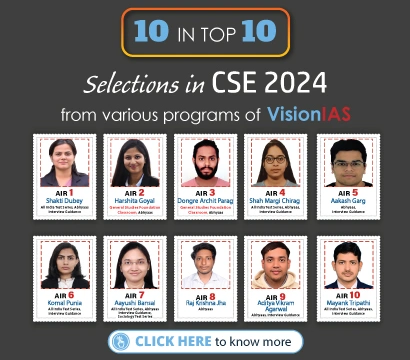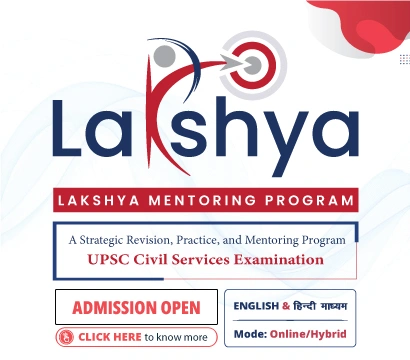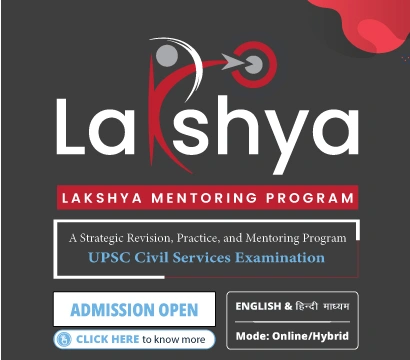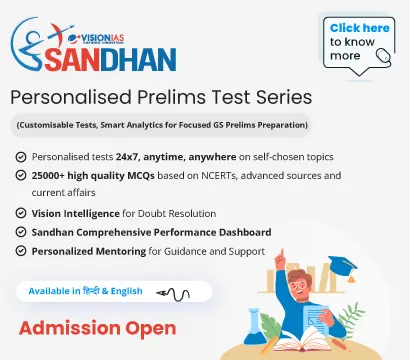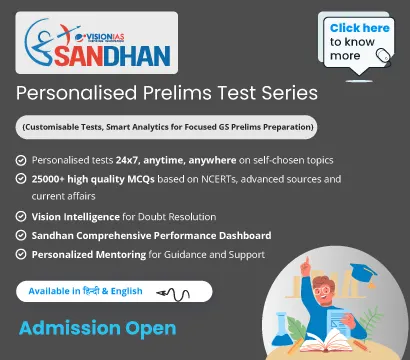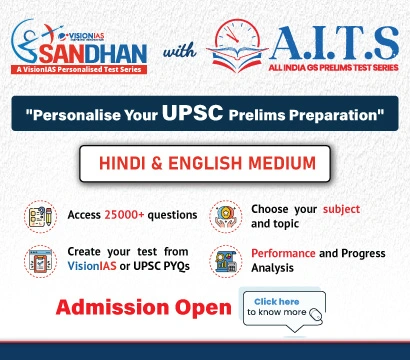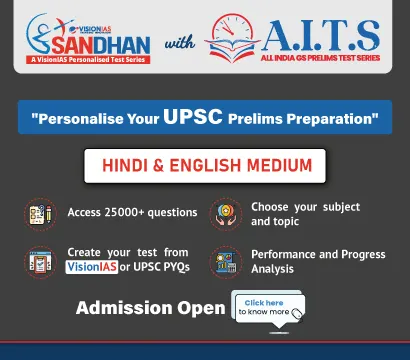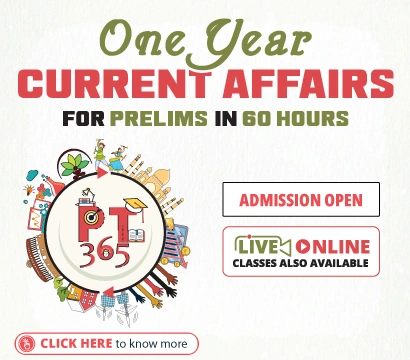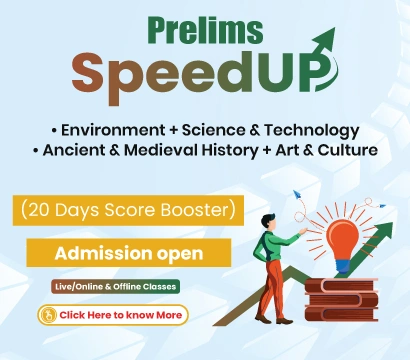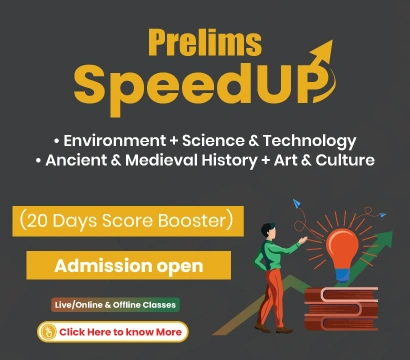About UPSC
Making the Best of College Years: Integrated Preparation Strategy for UPSC CSE

Colleges are seen as the breeding grounds of knowledge, and personal growth, and they play a central role in shaping young minds and their personalities. The influence of the acquired knowledge and experiences continues to reverberate through the life of a person.
It is in these halls of academia that countless students begin their journey toward achieving their ambitions and fulfilling their aspirations.
For many, these dreams encompass the desire to serve their nation through the prestigious Civil Services Examination, conducted by the Union Public Service Commission (UPSC).
The appeal of civil services lies not only in the prestige it carries but also in the extraordinary opportunity it offers to create a lasting and positive impact on society.
Cracking the UPSC Code: The Ultimate Aspiration
The journey to become a civil servant, one of the most coveted professions in India, involves multifaceted preparation and dedication. The prospective civil servant must possess not only academic intelligence but also a set of personality traits that enable them to become efficient and conscientious administrators.
This is precisely what the UPSC assesses through its comprehensive Civil Services Examination, consisting of three stages i.e. Prelims, Mains, and the Personality Test.
Knowledge and Skills Needed for Success in UPSC CSE
To stand out in this examination, aspirants must possess a reasonable level of knowledge across a vast array of subjects. From the intricacies of Indian Polity, History, and Geography to concepts of Economy, Environment, Science and Technology, Ethics, and Security Issues, a broad base of current affairs, among others, is essential.
But knowledge is only the half of the story. The UPSC demands that aspirants also possess a unique set of intellectual abilities and problem-solving skills. These skills are assessed through both objective and subjective papers in the Prelims and Mains stages of the examination.
The College Advantage: A Foundation for Excellence
Colleges serve as fertile grounds for fresh ideas, high energy, and a strong motivation to achieve something extraordinary in life.
This dynamic environment nurtures creativity and competitiveness while providing opportunities for the holistic development of individuals. It is here that the goal of joining the Civil Services takes root and begins to flourish.
However, the transformation from potential to achievement requires not just ambition but also a well-thought-out strategy and unrelenting hard work. College students aspiring to achieve something extraordinary take the first step with utmost care and precision.
Success in the UPSC CSE requires multi-stage planning and its execution involving thorough exam analysis, accounting for available time, choosing the right optional subject, identification of relevant learning resources, developing an integrated preparation plan, and its execution under the right guidance.
Making the Best of College Years
Many of the aspirants who achieved success in their initial attempts started their preparation during their college days. They smartly balanced their academic responsibilities while preparing for the UPSC examination.
It is observed that they have been able to build a foundational to a strong level of command over the UPSC syllabus with the help of standard textbooks, notes, and revision.
At the same time, they have also worked on developing good answer-writing skills and honing their personalities with the help of available opportunities at the campus and outside.
This gives aspiring students a competitive edge and improves their likelihood of achieving success in their very first attempt after graduation.
The First Step: Analyze and Plan
The first crucial step is to undertake a careful analysis of the examination. Understanding the exam pattern, and syllabus, and going through the previous years’ questions (PYQs) should be the first tasks on every aspirant’s list.
This analysis reveals the precise requirements of the examination and the time and effort needed to meet them.
A thorough review of daily academic responsibilities, semester breaks, leaves, and holidays is crucial. This assessment enables aspirants to plan their daily routines, set realistic weekly, monthly, and yearly goals, and make the most of the available time.
Seeking guidance from knowledgeable friends, peers, Topper’s Talks, and personalized mentoring sessions can help one gain valuable insights and plan their preparation.
Identification of Resources
To cover the vast UPSC syllabus and answer questions effectively, it’s essential to identify relevant and validated resources. Further, they should be chosen for their clarity, ease of understanding, and replicability in the examination.
For the static part of the syllabus, NCERTs and standard reference textbooks serve the purpose well.
For current affairs preparation, daily reading of a national-level newspaper is essential, complemented by any reliable monthly current affairs magazine. It will aid in expanding thinking horizon and perspective development.
Choosing the Right Optional Subject
The Mains stage of the examination includes two papers on an Optional subject chosen by the candidate. This choice significantly influences the overall score and rank in the final merit list.
A college student must exercise the choice of optional subject with utmost care as it carries significant weightage (500 marks) in the exam.
The decision to select a subject should be based on the academic background and the aspirant’s genuine interest in the subject and whether sufficient resources and support to develop the required knowledge and answer-writing skills are available.
An Integrated Approach: Bridging the Gaps
The nature of the UPSC examination calls for an integrated preparation approach. While it’s easy to compartmentalize each stage, understanding the interconnection between the Preliminary, Mains, and Interview stages is key to success.
Students can begin their journey by delving into fundamental textbooks, such as NCERTs for subjects like Polity, History, Economy, and Geography, to establish a strong foundational understanding of UPSC syllabus topics.
The strong foundation laid with the preparation of fundamental subjects also enables better comprehension and analysis of current events covered in daily newspapers and current affairs magazines.
While reading books, newspapers, or current affairs, key points relevant to both Prelims and Mains exams should be understood and analyzed thoroughly.
This learning phase should be accompanied by solving PYQs and mock tests for Prelims and Mains examinations. This would help fine-tune your preparation strategy, draw your attention to focus areas, develop problem-solving and answer-writing skills, and instill confidence for assured success.
Answer Writing: The Heart and Soul of UPSC CSE
The Mains stage of the examination includes nine papers, with GS Papers I, II, III, and IV, an Essay Paper, two Optional Papers, and two Language Papers.
These Papers involve subjective assessments, which demand good answer-writing skills for conveying your knowledge and ideas effectively.
Therefore, it is recommended to prioritize the development of this skill with a focus on regular revision, practice, performance assessment, and personalized feedback.
Personality Development: The Importance of Well-Roundedness
The college provides abundant opportunities for self-expression and the cultivation of diverse personality traits.
Participation in extracurricular activities can offer varied experiences, broaden thinking, and play a significant role in making informed decisions. This attribute is vital for the Personality Test of the UPSC, where your holistic personality is under scrutiny.
Additionally, inculcating a book-reading habit enhances knowledge, and improves communication, critical thinking, and analytical skills. It also facilitates cultural sensitivity, empathy, and a deeper understanding of the world around you.
Learn from the Best: Insights from Toppers
Learning from the experiences and strategies of top performers can be highly beneficial for students who are planning to prepare for the Civil Services Examination or in the initial stages of their preparation.
Insights into effective preparation strategies and tips for time management, smart learning, and revision can be derived from Topper’s own preparation experiences.
Additionally, the stories of toppers can serve as motivational factors to remain committed to your goals.
Remember Your Goal: A Journey of Purpose
The path to Civil Services is not merely a pursuit of a prestigious career but a commitment to public service. Stay motivated by the potential to make a lasting impact on society. Your consistency in daily study and a positive outlook are your greatest allies.
Approach each day as an opportunity for growth. Your journey toward becoming a civil servant is not just about passing an exam; it’s about embracing a life of purpose and leadership. Keep your aspirations high, and let your college days be the foundation of an incredible voyage toward creating a better India.




























